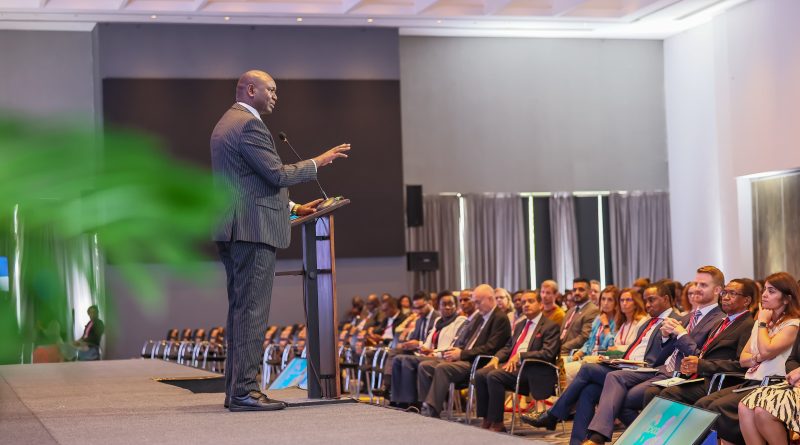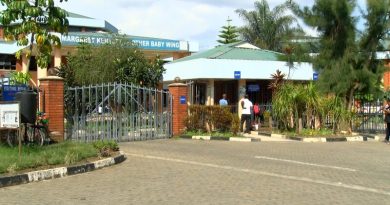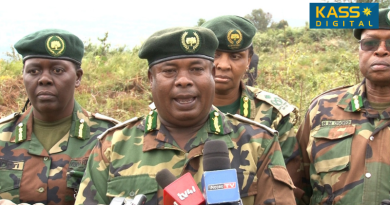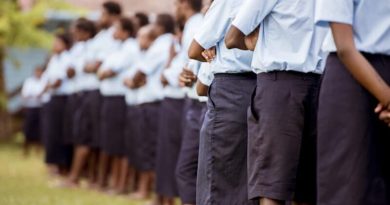Nairobi Hosts Global Dialogue on the Future of Teaching in the AI Era
KASS Digital
More than 200 educationists are convening in Nairobi to discuss the future of teaching and education in the age of Artificial Intelligence (AI) and other technological advancements.
The three-day workshop that is jointly organised by the Ministry of Education and the Aga Khan Foundation brings together leading scholars from more than 30 countries with participants drawn from teachers, government officials, policymakers, human rights groups, development partners and other stakeholders.
Education PS Julius Bitok officially opened the workshop which is focusing on exploring how teachers and schools can be meaningfully engaged in solving complex learning and education challenges.
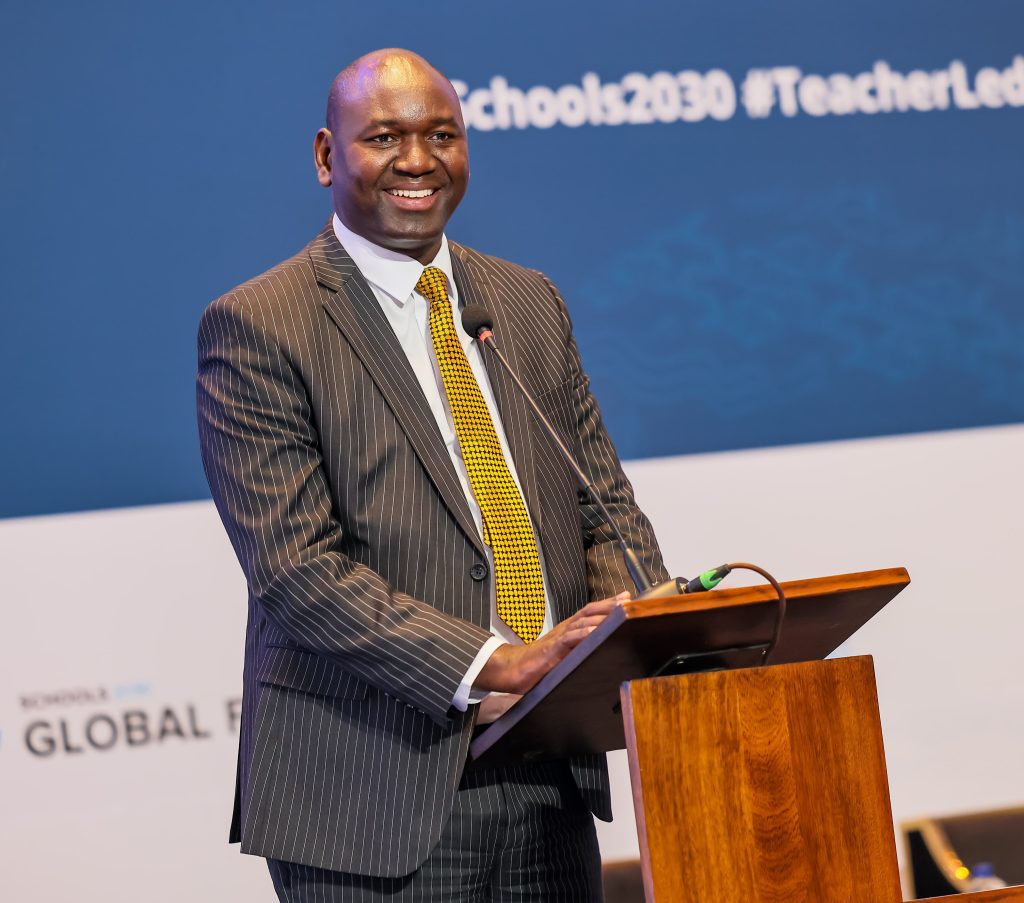
The PS said Kenya was honoured to host this year’s event which is focused on reimagining the role of teachers as drivers of innovation, equity, and learning transformation.
“Teachers are not just implementers of the curriculum. They are mentors, innovators, and trusted partners in transforming education systems.”
He said that Kenya is committed to investing in teacher training, professional growth, and digital tools to ensure no learner is left behind.
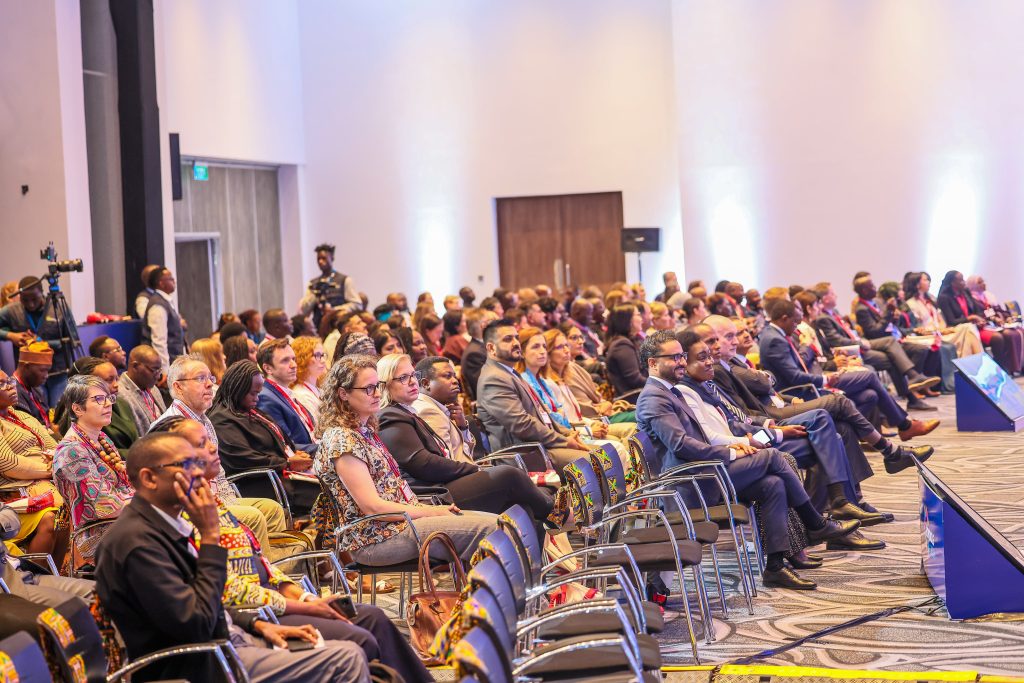
Prof Bitok used the forum to highlight the ongoing education reforms in the country that include the piloting of the Kenya Education Management Information System (KEMIS) that is set to begin in July, ahead of full rollout in September.
“KEMIS marks a critical milestone in ensuring that data-driven decision-making becomes the cornerstone of education planning and service delivery in Kenya,”
KEMIS will replace the current NEMIS platform and consolidate students’ data across all learning levels – from ECDE to university – into a singular integrated system.
The quest for reliable data is expected to guide an accurate allocation of resources, enhance transparency, and prevent the manipulation of capitation through ghost schools or inflated enrolments.
The system will also include a mobile application to give parents and stakeholders real-time access to student and school data.
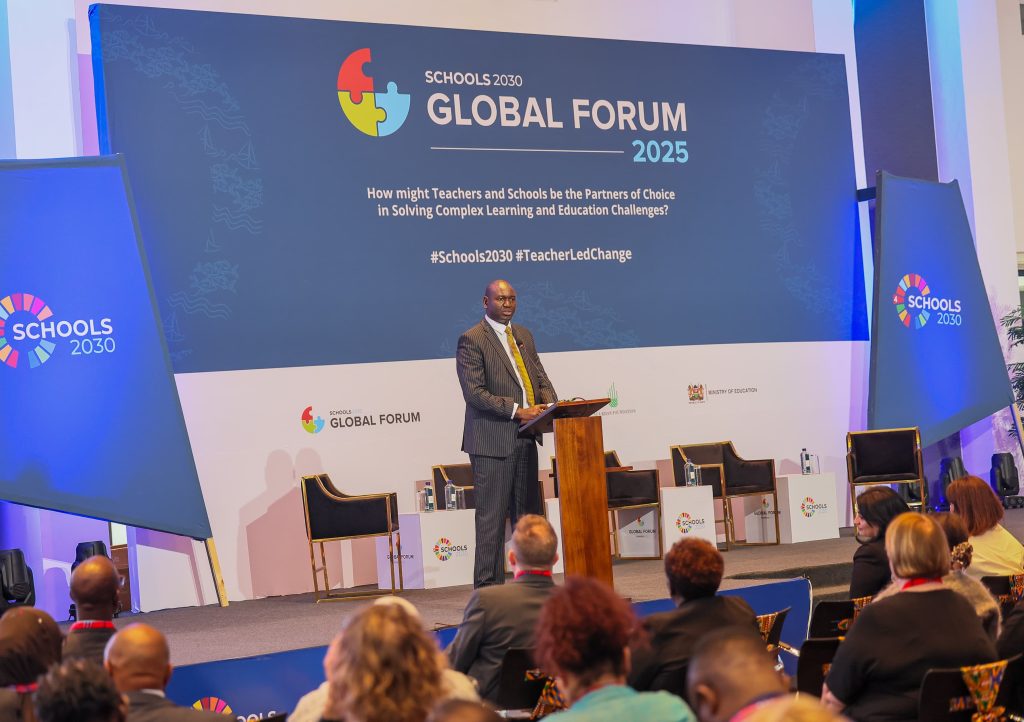
This year’s Forum theme: “How Might Teachers and Schools Be the Partners of Choice in Solving Complex Learning and Education Challenges?”, places teachers at the centre of efforts to tackle climate change, conflict, digital disruption, inequality, and inclusion.
The PS said the ongoing reforms include integrating climate resilience and disaster preparedness into teacher education, in building environmental sustainability into Curriculum-Based Education co-curricular activities and providing special focus to marginalised learners including girls and children with disabilities among others.
The Forum also coincides with the 50th anniversary of the Aga Khan Foundation’s work in Kenya and collaborations in education, health, civil society, and rural development.

